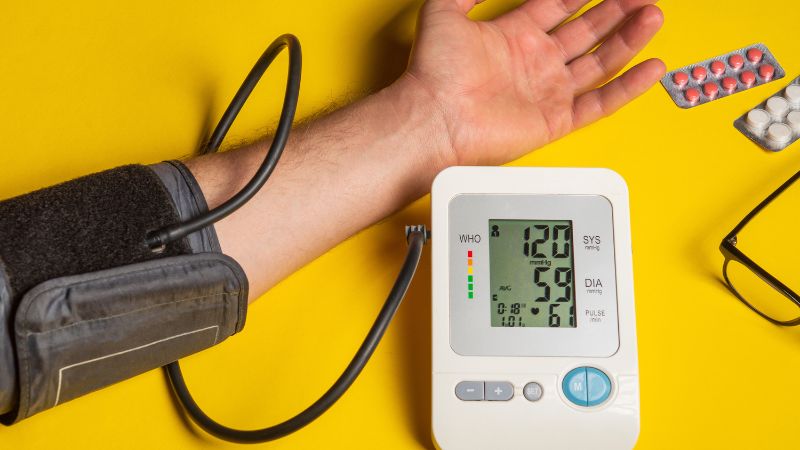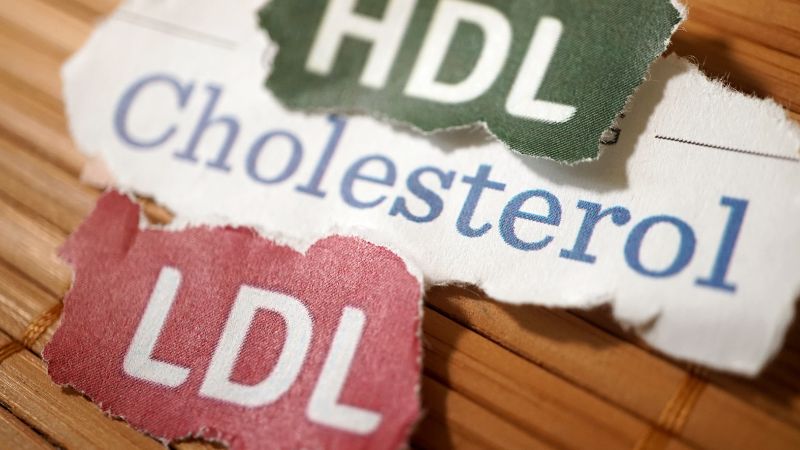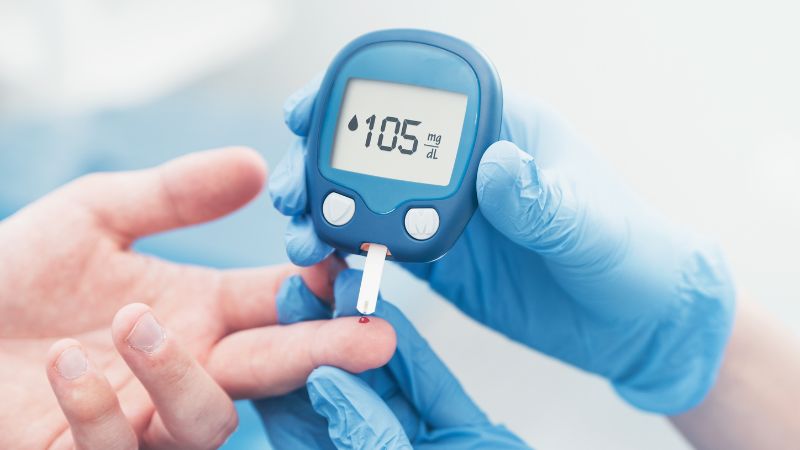Heart disease is one of the leading dangerous diseases worldwide and tends to affect younger individuals. Early detection of early symptoms for timely prevention is important. Let’s explore the 7 signs of a healthy heart to learn how to recognize abnormalities and prevent cardiovascular diseases!
1 Stable blood pressure
Blood pressure is the force of blood against the artery walls when the heart pumps blood throughout the body, so blood pressure can also be an indicator of the heart’s health.
For a normal person, blood pressure should be within the range of 90/60mmHg to 120/80mmHg, indicating a healthy heart. However, if the blood pressure is higher than 140/90mmHg or 130/80mmHg, it may be a sign of high blood pressure, which can obstruct blood flow to the heart, cause hardening and narrowing of the arteries, and lead to heart attacks.
Nevertheless, blood pressure readings can vary from person to person and fluctuate depending on various factors such as emotions, age, physical activity, medication, etc. A high reading sometimes does not necessarily mean that you have hypertension. Therefore, you should monitor your blood pressure regularly to determine your own stable blood pressure level.
 Stable blood pressure
Stable blood pressure
2 Normal heart rate
The normal heart rate of a healthy adult ranges from 60-100 beats per minute at rest. To determine how fast or slow your heart beats, you can do the following:
- Use a watch with a second hand.
- Place your index and middle fingers on the inside of your opposite wrist, just below the base of the thumb. You should be able to feel the pulsation under your fingers.
- Count the number of beats in 10 seconds and multiply it by 6 to get your heart rate per minute.
 Normal heart rate
Normal heart rate
3 Stable cholesterol levels
Stable cholesterol levels help the body build healthy cells and are one of the important indicators that can reflect the heart’s health. High cholesterol levels can lead to plaque build-up in the arteries, stroke, coronary artery disease, etc. Nowadays, this level can be determined through blood tests.
The normal cholesterol level for adults should be below 200 mg/dl, which is considered healthy. However, higher levels should be taken seriously, and it is important to ensure that LDL is below 100 mg/dL and HDL is above 40 mg/dL. As for children aged 17 and below, the total cholesterol level should be below 170 mg/dL, with LDL below 110 mg/dL and HDL above 45 mg/dL.
 Stable cholesterol levels
Stable cholesterol levels
4 High energy level
You can determine the health of your heart based on the energy level of your body throughout the day. If your heart has problems, you will often feel tired, low on energy, even during light activities such as walking, climbing stairs, shopping, etc.
If you have trouble sleeping or experience poor sleep quality, it may also be a sign of heart issues. According to the American Heart Association, sleeping less than 6 hours per day increases the risk of poor cardiovascular health by 25%.
 High energy level
High energy level
5 Good oral health
According to the American Heart Association, a study conducted in 2021 showed that people with good oral health tend to have lower blood pressure compared to those with severe oral problems. Therefore, the condition of your oral health also indicates whether you have a healthy heart or not.
 Good oral health
Good oral health
6 Stable blood sugar
People with diabetes or high blood sugar levels over time are at risk of damaging nerves and blood vessels, leading to the risk of strokes and coronary artery disease. Therefore, maintaining stable blood sugar levels is essential for good cardiovascular health.
 Stable blood sugar
Stable blood sugar
7 Even breathing
When performing exercises such as walking, weightlifting, running, etc., without experiencing chest pain, chest tightness, or shortness of breath, it indicates that you have a healthy heart. If your heart has problems, you will often feel short of breath, and it becomes harder to perform physical activities.
 Even breathing
Even breathing
Above are 7 signs that indicate a healthy heart. Despite these 7 signs, you should still maintain a healthy and balanced diet, exercise regularly, and follow a healthy lifestyle to maintain good cardiovascular health!
Source: Vietnamese Women’s Newspaper
Unlock 8 Benefits with a Daily 5-Minute Jog
Living a hectic lifestyle can make fitting in time to exercise difficult. However, studies have revealed that even just 5 minutes of jogging a day can lead to positive outcomes for your health, including a decrease in the risk of developing cardiovascular disease, extending your life span by up to 3 years, or even reducing the susceptibility to heart disease.




































